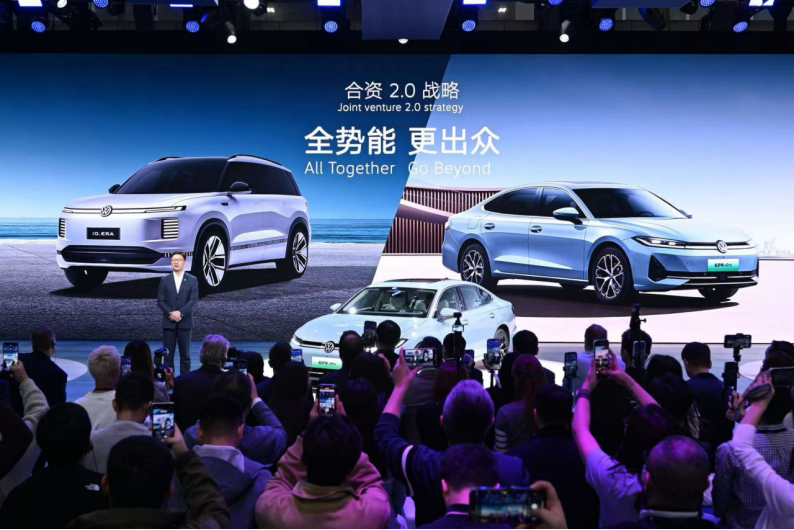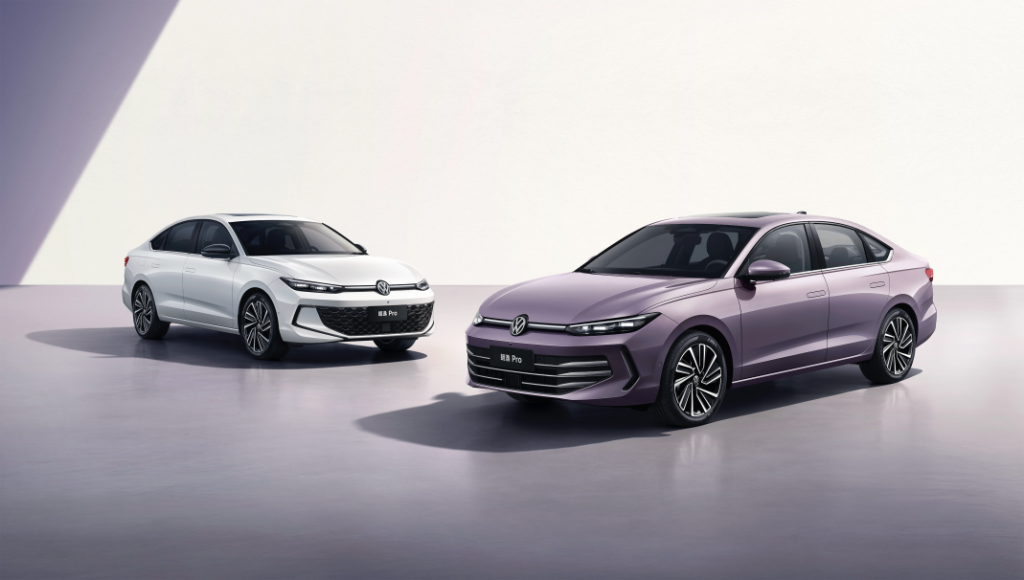
On September 10, beneath the clear blue sky and white clouds of Lijiang, Yunnan, the SAIC Volkswagen Passat Pro and the outstanding Passat 2025 officially launched as part of the Passat 380 TSI family.
This was a significant press conference, declaring the unshakeable status of Passat as the “top player” in the mid- to high-end sedan market.

While the Passat Pro had previously debuted at the Chengdu Auto Show, this conference marked the first appearance of Tao Hailong.
Just 50 days into his position as the Secretary of the Party Committee and General Manager of SAIC Volkswagen, Tao made his first public appearance here.
Under immense market pressure, he organized a grand press conference—one not seen in the automotive circle for some time—focused on fuel vehicles, aptly themed "Breaking the Impasse," and boldly presented SAIC Volkswagen's "answer."
Joint ventures empower "intelligence in both oil and electricity," steadfast in the fuel vehicle market but not conservative
Tao Hailong is essentially a "Volkswagen veteran." His career began at SAIC Volkswagen, where he worked for 18 years. Upon his return, he tested numerous vehicles and visited various markets and dealerships, feeling the tremendous pressures of the market, but also gaining greater confidence in SAIC Volkswagen.
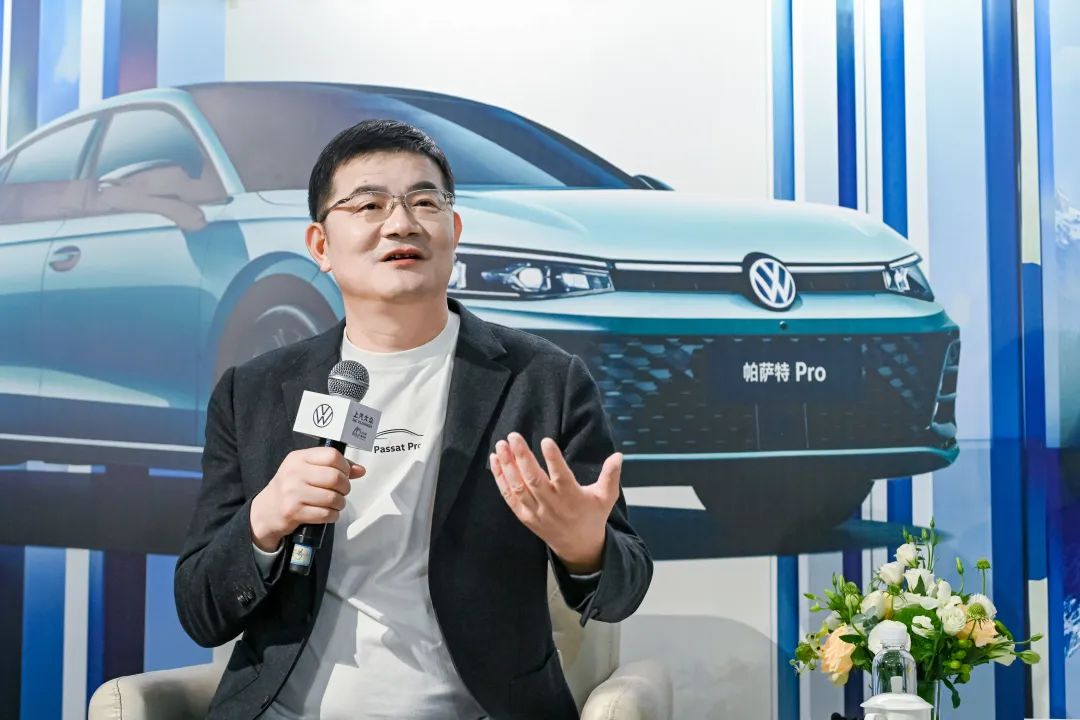
Tao Hailong, Secretary of the Party Committee and General Manager of SAIC Volkswagen
First and foremost, the strategic direction is very clear. Tao stated, “In China for China,” with a mutual understanding among both Chinese and German shareholders, leading to a strategic consensus. “It’s vital that the shareholders empower the joint venture to ensure we can smoothly advance all our work at the management level.”
Additionally, SAIC Volkswagen's entire product lineup is strategically sound. They have made comprehensive arrangements for hybrid models across various price segments in the Chinese market. This ranges from A-class to B-class vehicles, offering not just one model but a series.
“Is the product aligned with the Volkswagen brand positioning? What kind of vehicle should we create? These strategies are all very clear.”
Secondly, the competitiveness of the products is solid, Volkswagen's brand DNA remains intact, and customer acceptance is high.
“We (SAIC Volkswagen) still hold the top spot in the fuel vehicle market, and the public is very receptive to fuel vehicles. We must remain steadfast in the fuel vehicle sector, but we cannot be conservative; hybrid and electric vehicles must continue to expand, and we must push forward with intelligence.”
Moreover, dealerships are confident in SAIC Volkswagen, and communication with suppliers is very positive.
“I have gauged the capability of SAIC Volkswagen—our development foundation is still strong. With the backing of both Volkswagen Germany and SAIC Group, our progress in leading product development projects is very professional and reasonable. I feel that the entire system is intact, the products are sound, the team is strong, and the market is clear. Our strategy is well defined.”
Strong cards in hand for a steady approach, the Pro trilogy unfolds sequentially
So, with so many strong cards in hand, how does SAIC Volkswagen plan to win this battle? Tao Hailong's answer was resolute: “Of course, we compete fairly, using conventional tactics and moving steadily forward.”
“SAIC Volkswagen will never engage in short-sighted actions; we must not disrupt our own strategy, as there’s absolutely no need to do so,” Tao emphasized.
Once Tao established the strategic direction and tactical approach, Fu Qiang, the Executive Vice President of Sales and Marketing at SAIC Volkswagen, along with General Manager of Shanghai SAIC Volkswagen Automotive Sales Co., began to charge ahead.
The recently launched Passat Pro is the standout model within the SAIC Volkswagen lineup, boasting monthly sales of over 20,000 units, allowing the Passat to maintain its crown in the mid-size car market.
The newly launched Passat Pro has adopted a more aggressive pricing strategy, with a starting price of 189,900 RMB, lower than its competitors, and offers a lifetime warranty on the powertrain, which previously sold for 10,000 RMB in the official mall.
Additionally, this new Passat Pro enhances comfort and luxury compared to the previous Tiguan L Pro, particularly with improvements in the second row, adding electric adjustment features, ventilation, heating, and massage functions. According to Fu Qiang, “In the B-class vehicle category, it's hard to find a competitor for the Passat Pro, and in the C-class segment, you would need to buy a Series 5 or a Mercedes-Benz E-Class to access these features.”
Fu Qiang hopes that "the Passat is not only the top performer in fuel vehicles but also the best in the entire market." With both the Passat Pro and the current Passat sold on the same platform, the existing customer base can smoothly transition to the new Passat Pro while attracting new customers, with overall monthly sales expected to reach between 25,000 and 30,000 units.
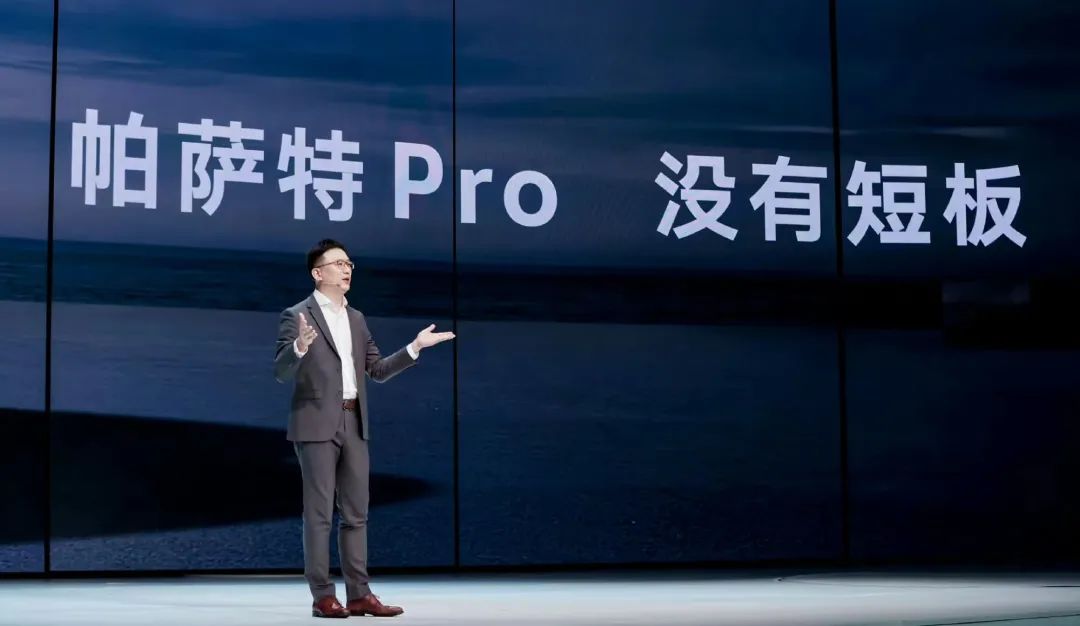
In fact, SAIC Volkswagen has confirmed its commitment to the fuel vehicle market through the Pro trilogy. Currently, both the Tiguan Pro and Passat Pro have been launched, with the Teramont Pro to follow.
Why is this trilogy necessary? Fu Qiang noted, “At that time, we felt that the market was shifting away from traditional energy. If we could get the intelligence of fuel vehicles right, it would represent a blue ocean market, which means an opportunity for us. Thus, we began laying the groundwork for such products two to three years ago.”
Fu explained that the essence of “Pro” is to enhance already successful products by bridging the gaps in intelligence and internet capabilities, essentially giving them "wings."
Based on the transformation path of integrating oil and electricity intelligently, the Tiguan L Pro released in mid-year has shown promising market performance. Fu Qiang reported that as of now, the Tiguan L Pro sells over 3,000 units each month, while the entire Tiguan family achieves sales of approximately 14,000 units monthly, meaning roughly one in every three to four Tiguan family vehicles sold is a Tiguan L Pro.
Another set of data indicates that SAIC Volkswagen's market share in the fuel vehicle sector was 7% in July, 8% in August, and is now progressing towards 9% in September.
The competition in the Chinese market is far from over; SAIC Volkswagen is racing against the clock
However, despite year-on-year sales growth in the first half, SAIC Volkswagen cannot afford to relax.
“We aren’t complacent; given the current market situation, SAIC Volkswagen faces significant pressure, and we require our entire team to operate cautiously and be determined to seize every opportunity in the market,” Tao Hailong remarked.
“Strategically, we must be prepared for a decline in fuel vehicles. We will focus on multiple energy forms, with hybrid and new energy markets expected to rise,” Tao emphasized.
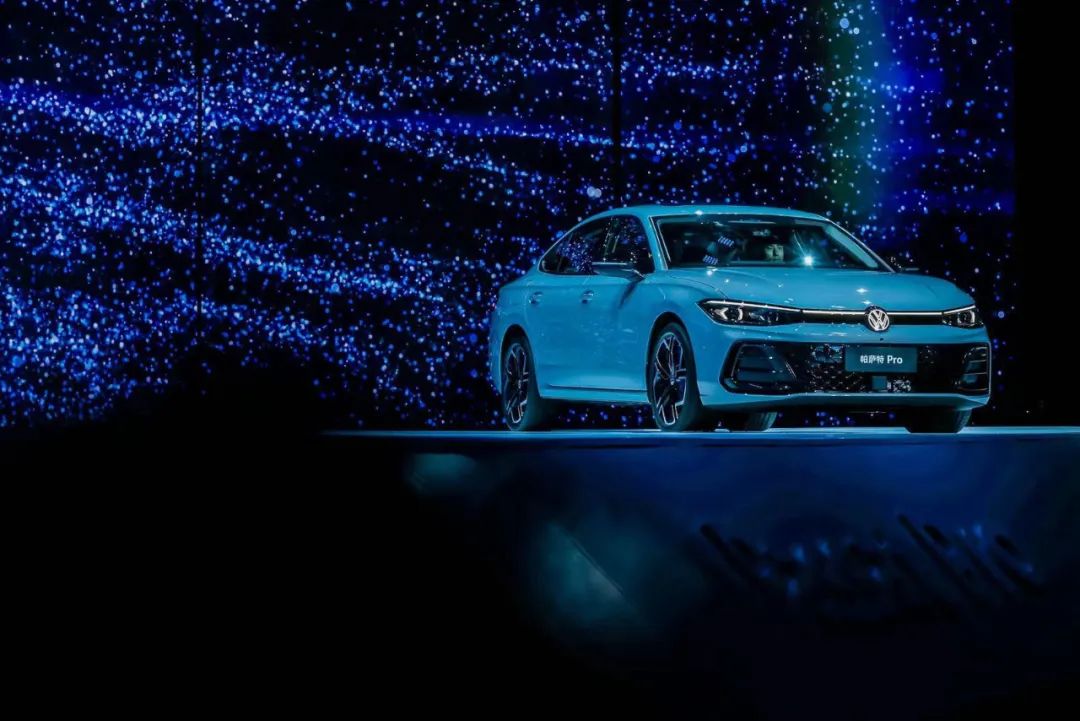
He believes that while the fuel vehicle market may shrink, the trends for BEV, PHEV, or EREV are not entirely clear, necessitating a cautious approach to product strategy planning.
“I think the competition in the Chinese market is far from over. It’s hard to determine which side has the upper hand; it’s definitely not game over yet. There are plenty of players at the table, and that's a good thing—it presents opportunities,” Tao Hailong expressed.
Additionally, in response to rumors about him cutting costs by 2 billion as soon as he took office, Tao denied these claims, stating that making decisions without thorough research does not align with his rigorous engineering mindset. He also believes that improving efficiency is key to cost reduction.
“There are many ways to manage costs, but a critical prerequisite for reducing costs is to ensure that quality does not suffer at all. I have repeatedly emphasized at the press conference the importance of protecting the brand, adhering to Volkswagen standards, and maintaining quality,” said Tao Hailong, who formerly oversaw quality assurance at SAIC Volkswagen. This approach is essential for translating SAIC Volkswagen’s systemic strengths into competitive advantages in the market, establishing differentiation from competitors.

